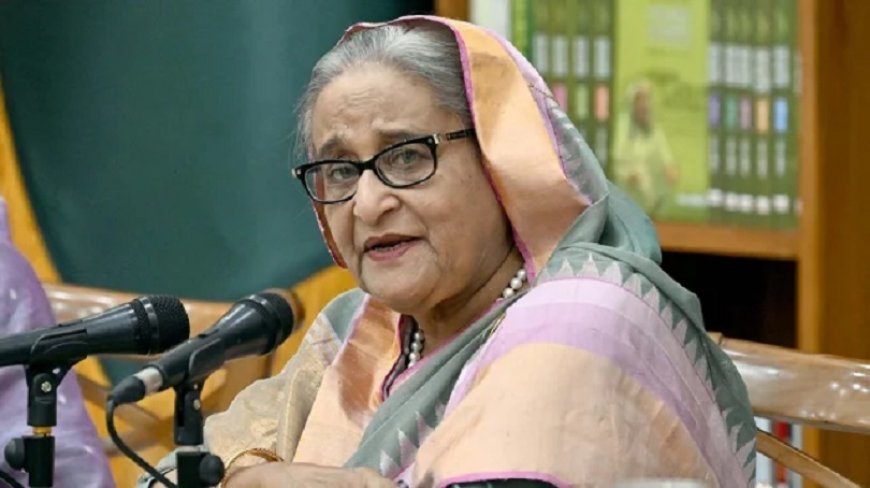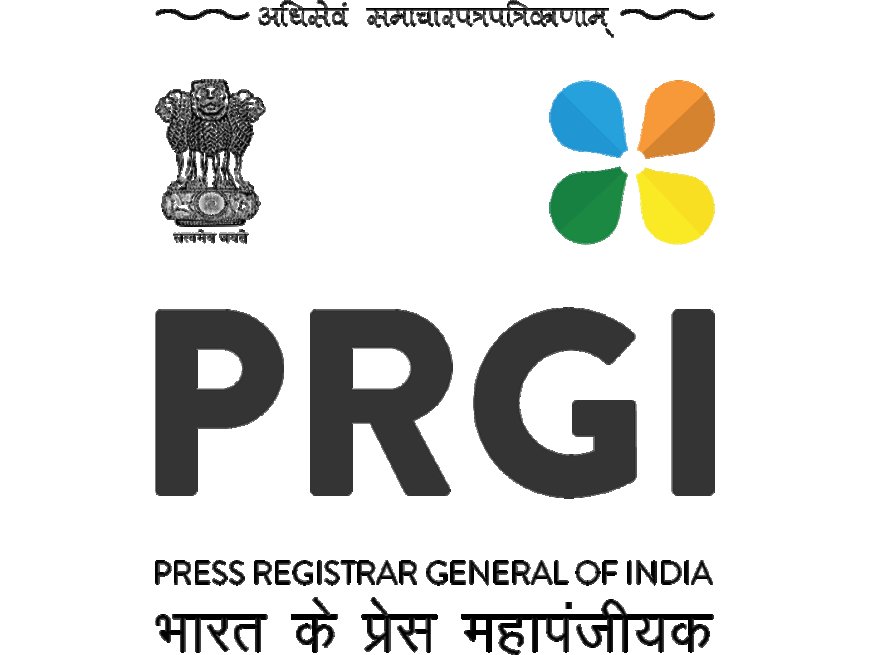Bangladesh Marks One Year Since Sheikh Hasina’s Ouster as Interim Government Sets February 2026 Election
On the first anniversary of Sheikh Hasina’s ouster, Bangladesh’s interim government unveils plans for national elections in February 2026 amid calls for democratic reform and challenges to political inclusivity.

DHAKA, Bangladesh — Thousands of Bangladeshis gathered in the capital on August 5, 2025, to commemorate the first anniversary of the student-led uprising that toppled Prime Minister Sheikh Hasina. The event, known as the “July Uprising,” featured rallies, concerts, and prayer sessions organized under tight security. It culminated in the unveiling of a new roadmap for democratic reform: a national election to be held in February 2026, before the Muslim holy month of Ramadan, signifying a critical step in the country’s political transition Wikipedia+15Reuters+15AP News+15YouTube+5Al Jazeera+5Reuters+5.
The anniversary marked a year since Hasina—the longest-serving prime minister in Bangladesh’s history—fled to India amid violent clashes between protesters and security forces. Hundreds died during the protests, which began over civil service job quota reforms and ended in a broader movement demanding political accountability. The ouster led to the formation of an interim government headed by Nobel Peace Prize laureate Muhammad Yunus, who pledged to restore democracy through reform and inclusive elections The Times+3AP News+3Reuters+3.
The “July Declaration” and Constitutional Reform Agenda
At the state-organized event just outside the Jatiya Sangsad (parliament), Chief Adviser Yunus read aloud the July Declaration, a 28‑point document pushing for constitutional recognition of the 2024 uprising and systemic reforms. The declaration proposes broad changes in governance, judicial transparency, and public accountability. Advocates argue it reflects the movement’s aspirations; critics say its impact will be limited without parliamentary endorsement or statutory backing Wikipedia+7Wikipedia+7Reuters+7.
Yunus was joined by leaders from major political parties—including the Bangladesh Nationalist Party (BNP) and Jamaat‑e‑Islami—when he made the election announcement. However, the former ruling Awami League, led by Sheikh Hasina, remains banned, and her supporters’ exclusion from the process has drawn criticism at home and abroad Reuters+10AP News+10AP News+10.
Election Plan and Political Frictions
In a televised address, Yunus formally pledged to write to the Election Commission, requesting the national vote be scheduled in February 2026, before Ramadan is expected to begin around February 17–18. The interim leader had previously suggested April 2026, but pressure from major parties forced an earlier timeline. This shift has prompted debate over the readiness of election infrastructure and whether marginalized communities, particularly supporters of the Awami League, will be allowed meaningful participation Al Jazeera+3AP News+3The Indian Express+3.
While the BNP endorsed the February date, legal and political analysts warn that holding elections with the Awami League excluded risks undermining legitimacy. Observers have also raised concerns about the interim government’s authority, given that it operates under a stopgap constitutional structure validated by the Supreme Court through the doctrine of necessity—but lacking an elected mandate Wikipedia+1.
Challenges Beyond Polls: Security and Human Rights
Beyond scheduling polls, the interim administration faces major hurdles in ensuring safe and fair elections. Human rights organizations highlight ongoing abuses, including arbitrary detentions, press repression, and violence in cities like Mirpur and Chittagong. At the same time, Islamist parties like Jamaat‑e‑Islami are gaining traction, fueling fears of religious nationalism overshadowing inclusive governance Reuters.
Meanwhile, political dialogues over constitutional reform, governance restructuring, and electoral law continue through commissions established under Yunus’s leadership. Yet experts warn reforms remain largely theoretical without legal endorsement and broad political consensus.
Stakes Ahead: Democratic Transition on the Line
As Bangladesh prepares for its first national election since the July 2024 uprising, democratic prospects hang in the balance. Public confidence hinges on whether the February vote is inclusive, transparent, and credible. Observers note that a flawed process could consolidate unelected power and exacerbate polarization, while a genuinely free election could herald a new chapter of stability.
Supporters of the interim government argue that the February election—and the July Declaration—could lay the foundation for a renewed, inclusive democracy. Critics argue that without Hasina’s participation, constitutional reforms, and electoral safeguards, the effort risks becoming symbolic.
For now, Bangladesh sits at a historical crossroads. The nation’s path forward will trust not in the mechanics of elections alone, but in whether political actors can deliver a process that honours the sacrifices of last year and serves all citizens.









